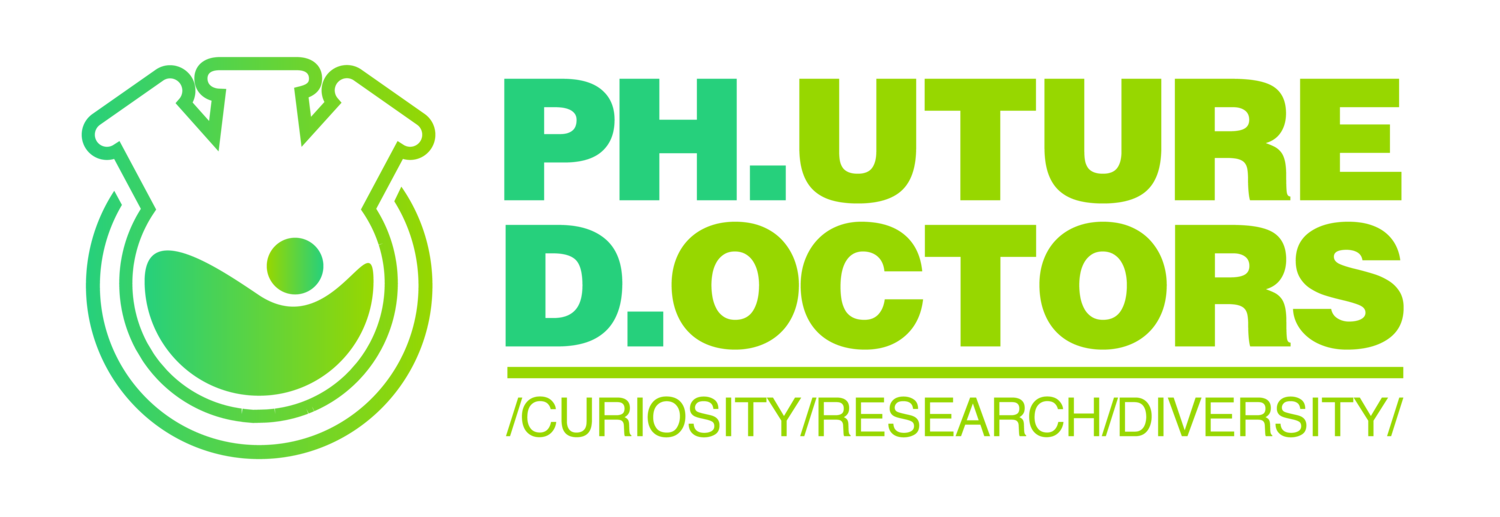Astrophysicist | 08
Savannah Jacklin
Is currently a third-year Astronomy Ph.D. candidate working in the lab of Professor Keivan G. Stassun. When Savannah was a little girl in Waldwick, NJ, she was given a book on astronomy by her grandparents that taught her about all of the planets in our solar system. When it came time to decide on a college and potential major, she originally considered following in her parents’ footsteps and becoming a chemist, but in the end, the stories of the strange new worlds from that book directed her interests beyond our own planet.
Savannah’s research throughout her undergraduate and graduate career has been focused on the detection of new exoplanets, that is, any planet that exists beyond our solar system. Her first three years of research involved modeling and predicting what types of new planets will be detectable with the up-and-coming Large Synoptic Survey Telescope. These planets will be found via the transit method, where the telescope will stare at the same stars over the course of ten years looking for the periodic dimming of starlight that occurs when an orbiting planet eclipses its host star.
These days, Savannah is more focused on the concept of gravitational microlensing, which uses Einstein’s theory of general relativity to detect hard-to-find tiny planets orbiting far away from their host stars. When the Earth, a background star, and a small star in-between with a planet line up perfectly, the bending in space-time acts like a lens and greatly magnifies the light of the background star. The opportunity to find new planets with this unusual method came about through a chance meeting at a conference in Hawaii, which totally 180-ed her initial research plans for her Ph.D. Now, she spends her summers working at NASA’s Jet Propulsion Laboratory and at Caltech on a survey that hopes to discover many new microlensing planets over the course of several years.
Savannah received her B.S. in Astronomy & Astrophysics and a minor in Physics from Villanova University in Villanova, PA. In 2017, she received her M.A. in Physics from Fisk University as a member of the Fisk-Vanderbilt Masters-to-PhD Bridge Program. Savannah is interested in both astronomy research as well as outreach and science communication and strongly believes that any science done is only as good as the scientist’s ability to explain and share their work with others. Savannah’s eventual goal is to become a professor or research scientist at a NASA facility or to utilize her coding skills to work for a private company such as SpaceX or Lockheed Martin. Experiencing all of the ups and downs of pursuing a graduate degree has taught Savannah to leave as many doors open as possible, and look with excitement rather than apprehension at the many different routes her career may take.


